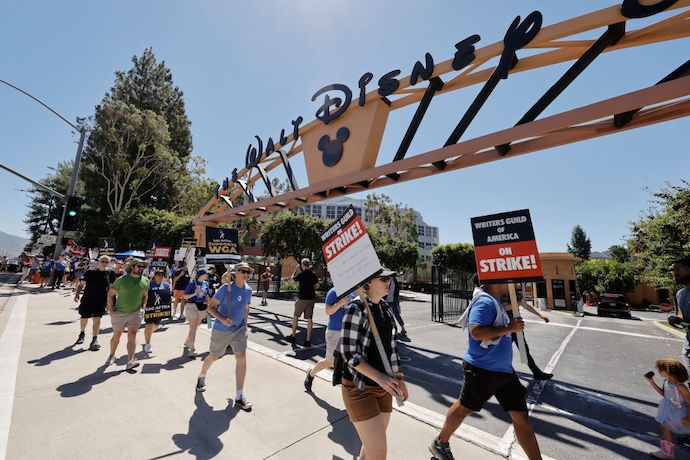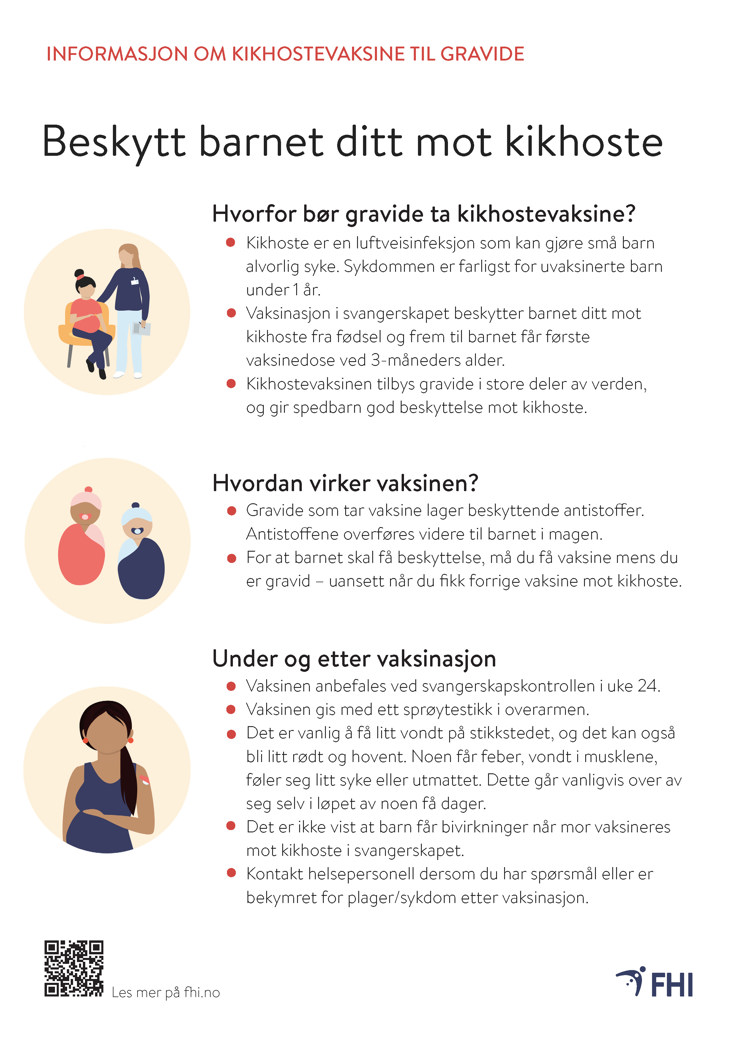Hollywood Shutdown: Writers And Actors On Strike, Impacting Film And TV

Table of Contents
The Core Issues Fueling the Hollywood Strike
The current Hollywood strike represents a culmination of long-simmering tensions between creatives and studio executives. Several key issues are driving the walkout, all demanding urgent attention.
Fair Wages and Residuals in the Streaming Era
The rise of streaming platforms has dramatically altered the compensation landscape for writers and actors. Traditional television models, with their defined seasons and syndication residuals, have been replaced by less transparent and often less lucrative streaming deals. This disparity is a major point of contention.
- Lack of transparency in streaming revenue: Studios are often reluctant to share detailed data on streaming viewership and profitability, making it difficult for writers and actors to negotiate fair compensation.
- Demand for fairer profit sharing: The current system often leaves creatives with minimal residual payments, despite the immense success of many streaming shows. The unions are pushing for a fairer share of the profits generated by their work.
- Impact of shorter seasons on overall actor/writer compensation: Shorter seasons, a common feature of many streaming series, mean fewer episodes and consequently lower overall compensation for writers and actors, even if the show is highly successful.
The Threat of AI and its Impact on Creative Work
The increasing use of AI in the entertainment industry is another significant concern for both the WGA and SAG-AFTRA. The fear is that AI could eventually replace human writers and actors, leading to job losses and diminished creative control.
- Concerns about AI-generated scripts: The potential for AI to generate scripts raises questions about authorship, originality, and the value of human creativity.
- Use of AI for deepfakes: The use of AI for creating deepfakes presents ethical and legal concerns, particularly regarding the potential for unauthorized use of actors' likenesses.
- Demand for safeguards against AI replacing actors and writers: Unions are demanding safeguards to protect against the misuse of AI and to ensure that human creatives remain at the heart of the creative process. This includes regulations on the use of AI and compensation for its use in generating creative works.
Working Conditions and Healthcare
Beyond compensation, writers and actors are also fighting for improved working conditions and healthcare benefits. The industry is known for its demanding schedules and long hours, often without adequate compensation or support.
- Excessive overtime without proper compensation: Long hours and frequent overtime are common, often without fair compensation, particularly for those working on lower-budget productions.
- Inadequate healthcare coverage for freelancers: Many writers and actors work on a freelance basis, lacking access to consistent and affordable healthcare.
- Demand for improved working conditions: The unions are pushing for better working conditions, including reasonable hours, safer working environments, and improved access to mental health resources.
The Ripple Effect: Impact Across the Entertainment Industry
The Hollywood strike's impact extends far beyond the striking writers and actors. The industry is experiencing a significant ripple effect with far-reaching consequences.
Production Delays and Cancellations
The strike has led to numerous production delays and cancellations across film and television. Major studios and production companies are facing significant financial losses.
- List of major productions affected: The strike has impacted numerous high-profile films and television series, causing significant delays and potential budget overruns. Examples include (list specific examples here if available at the time of writing).
- Economic repercussions for crew members: The strike is impacting not only actors and writers, but also the numerous crew members who rely on ongoing productions for their livelihoods.
- Impact on smaller independent productions: Smaller independent productions are particularly vulnerable to the effects of the strike, often lacking the resources to withstand extended delays.
Impact on Streaming Services and Box Office
The strike is significantly impacting streaming services and box office revenue. The release schedules of numerous films and shows are being disrupted.
- Delay of highly anticipated releases: The strike has already delayed the release of several highly anticipated films and television series.
- Loss of potential subscribers: Streaming platforms may experience a loss of potential subscribers due to a lack of new content.
- Impact on overall media consumption: The reduced availability of new content could impact overall media consumption patterns.
The Political and Social Implications
The Hollywood strike holds significant political and social implications, extending beyond the immediate economic concerns. It highlights broader issues regarding labor rights and fair compensation in the modern economy.
- Comparisons to other recent labor actions: The strike resonates with other recent labor actions across various industries, highlighting the growing struggle for fair wages and working conditions.
- The role of unions in protecting workers' rights: The strike underscores the crucial role of unions in protecting workers' rights and advocating for their interests.
- Long-term implications for the industry’s power structures: The outcome of the strike could significantly alter the power dynamics within the entertainment industry, potentially leading to a more equitable distribution of wealth and power.
Conclusion
The Hollywood shutdown, caused by the simultaneous strike of the WGA and SAG-AFTRA, represents a critical turning point for the film and television industry. The core issues – fair compensation, the threat of AI, and improved working conditions – are not just about the immediate concerns of writers and actors, but about the future of creative work itself. The impact extends far beyond the picket lines, affecting production schedules, streaming services, and the broader economy. The resolution of this Hollywood strike will have lasting implications for the industry’s structure and its relationship with technology. Understanding the complexities of this Hollywood strike and its far-reaching effects is crucial for anyone involved in or interested in the future of entertainment. Stay informed about the ongoing developments in this pivotal moment for the industry and support the efforts towards a fair and sustainable future for creative professionals.

Featured Posts
-
 Hagia Sophia Architectural Marvel Across Empires
Apr 29, 2025
Hagia Sophia Architectural Marvel Across Empires
Apr 29, 2025 -
 Jeff Goldblum And Ariana Grande Collaborate On I Dont Know Why I Just Do With The Mildred Snitzer Orchestra
Apr 29, 2025
Jeff Goldblum And Ariana Grande Collaborate On I Dont Know Why I Just Do With The Mildred Snitzer Orchestra
Apr 29, 2025 -
 Pw Cs Strategic Retreat Country Exits And The Fallout
Apr 29, 2025
Pw Cs Strategic Retreat Country Exits And The Fallout
Apr 29, 2025 -
 Las Vegas Police Search For Missing British Paralympian Sam Ruddock
Apr 29, 2025
Las Vegas Police Search For Missing British Paralympian Sam Ruddock
Apr 29, 2025 -
 Fhi Adhd Medisinens Begrensede Effekt Pa Skoleprestasjoner
Apr 29, 2025
Fhi Adhd Medisinens Begrensede Effekt Pa Skoleprestasjoner
Apr 29, 2025
 50 Godini Praznuva Lyubimetst Na Milioni
50 Godini Praznuva Lyubimetst Na Milioni
